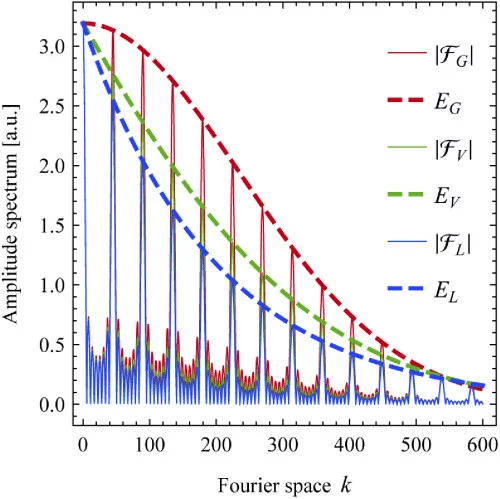Analysis of signal lineshapes is a prominent problem and a theme of importance in physics, chemistry and biomedicine. The problem is exacerbated for multiple peaks in the presence of noise. We demonstrate an algorithm which takes advantage of peak multiplicity (N) to retrieve line shape information. The method is exemplified via analysis of Lorentzian and Gaussian contributions to individual lineshapes for a practical spectroscopic measurement. In addition, our method benefits from a linear increase in sensitivity with the number N in stark contrast to other methods facing increased computational overhead. Moreover, we show the method to be robust in terms of noise reduction and exhibit an order of magnitude improvement in run-time performance. Our results are applicable to a wide range of topics, ranging from neutron-scattering to spectroscopy of rare-earth doped solids.
Original publication
Taking advantage of multiplet structure for lineshape analysis in Fourier space
Adrian Beckert, Hans Sigg, and Gabriel Aeppli
Optics Express Vol. 28, Issue 17, pp. 24937-24950,(2020)


